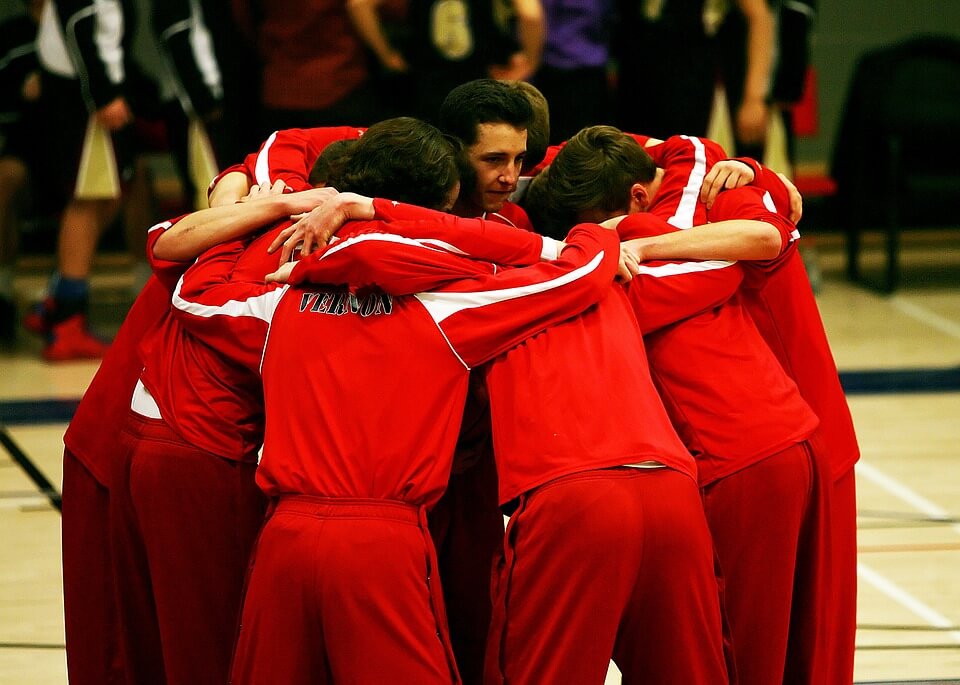Regardless of what type of sports kids are playing, teamwork is an essential component. Although coaches and trainers generally know this information, understanding how to properly teach teamwork to a group of young people can prove more difficult than one may think. Instead of looking at teamwork as an abstract concept, leaders can provide instruction in more tangible and measurable skills.

Listening and Articulating
If team members cannot properly communicate with one another, establishing a cohesive unit is going to prove difficult. Coaches can implement short icebreaker-inspired activities, such as a game of telephone, to show what happens when communication breaks down. Then, they can take these skills to the field, court or arena.
Staying Positive and Supportive
Understanding what teamwork means is different from actually implementing its skills in a game. Training athletes to have a positive attitude and to remain supportive of one another is important. For example, some team members may blame others when a game is lost because of mistakes that these other players made. Working on self-evaluation and recognizing that even the best players aren’t perfect all of the time are two strategies that can help here.
Involving Others
Even the stars of the game need to learn how to share time in the spotlight. Encouraging children to help one another grow is important. If some team members are never getting passed the ball, instructors can develop drills that give these individuals more power. Also, during practice, coaches can instruct those players who like to hog the ball to give other players an opportunity.
Spending Time Together
Coaches may find that when their players spend more time together outside of practice and games, their performances during these important times improve greatly. Eventually, older children and teenagers are likely to start establishing their own social plans, but coaches can help here too. They may throw a party at the end of every season and plan a couple of lunches or dinners during the season so that team members are given a chance to bond with one another. Friendships on the team can make for better teamwork.
Teamwork is so important regardless of the type of sport. Players need to rely on one another, and they need to communicate well before, after and during the game. Coaches can place an emphasis on these characteristics to improve teamwork.

